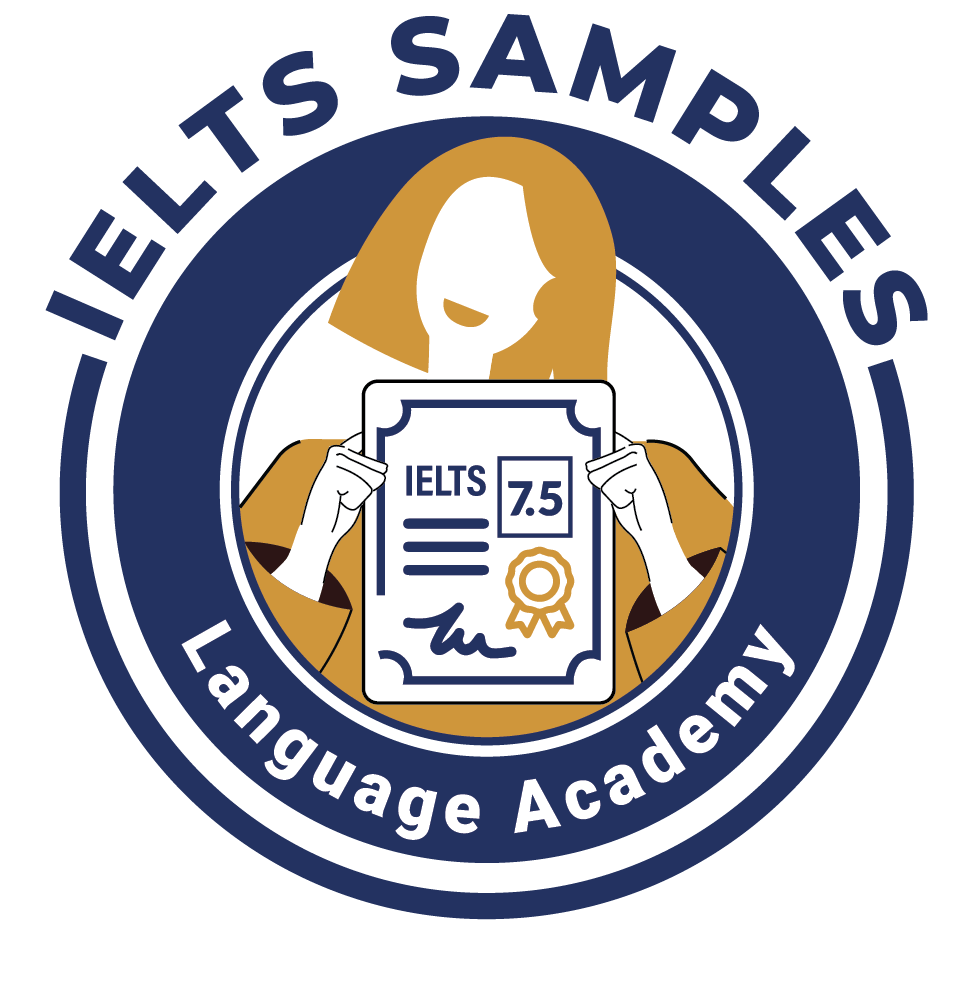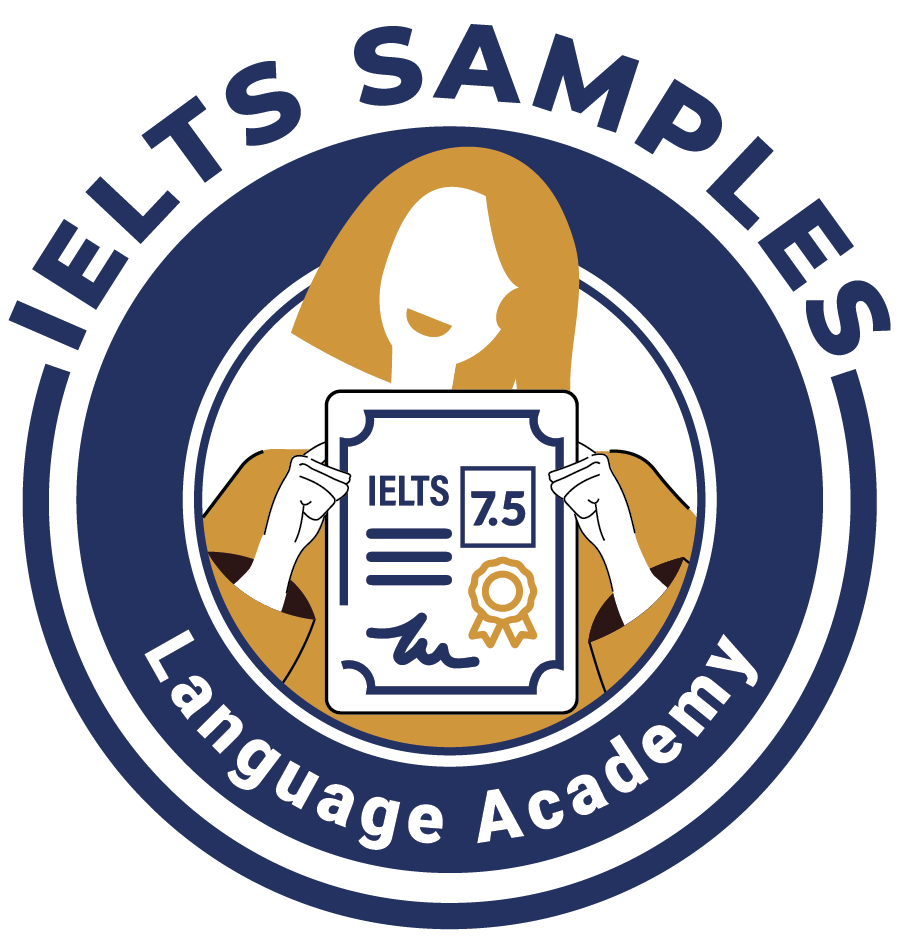
Band 2 to 3
Band 3 to 4
36 hours (6 weeks)
Band 4 to 5
42 hours (7 weeks)
Band 5 to 6.5
48 hours (8 weeks)
Workshops
28 hours (7 weeks)
24 hours (7 weeks)
24 hours (6 weeks)
24 hours (4 weeks)
Band 5.5 to 6.5
16 hours (4 weeks)
Package







A2
- A specially designed course for IELTS candidates of pre-intermediate proficiency-equalling the IELTS band score of 3 to 4-who are aiming to sit the test within 6 to 12 months’ time.
- No exam-oriented approach is adopted throughout this course.
> Compound formation
> Sentence formation
> Sentence patterns (pre-intermediate)
> Articles Irregular verbs
> Passive voice and the applications (pre-intermediate)
> Basic sentence linkers
> Longer and more complex forms, using basic relative clauses
> High frequency collocations with ‘hot’ verbs (pre-intermediate)
> Vocabulary for very familiar topics
> Basic and common phrasal verbs
> Understanding the main idea and the gist of paragraphs in the Reading Skill
> Basic understanding of ‘paraphrasing’ in the Reading Skill
> Looking for specific information
> Basic understanding of ‘referencing’ in the Reading Skill
> Basic suffixes and prefixes
> Locating the right paragraph containing specific information
> Basic sentence formation
> Basic paragraph writing
> Basic use of linkers
> Understanding the speaker’s main information and attitude in the Listening Skill
> Boosting the ability to identify numbers and figures in the Listening Skill
> Noting down the spelled out names in the Listening Skill
> Building up candidates’ confidence in the Speaking Skill
> Detail generation practice
> Talking about basic concepts and past experiences with a reasonable amount of detail (pre-intermediate)
> Basic word and sentence stress practice
> Basic intonation practice
B1
- A specially designed course for IELTS candidates of intermediate proficiency-equalling the IELTS band scores of 4 to 5-who are aiming to sit the test within 6 months’ time.
- No exam-oriented approach is adopted throughout the course.
> Compound formation (intermediate)
> Sentence formation (intermediate)
> Sentence patterns (intermediate)
> Tenses (intermediate)
> Passive voice and the advanced applications
> Relative clauses: a more extensive use.
> Comparative / superlative forms and other related patterns
> A more extensive practice of modal verbs: the present and past forms
> Nouns/adjectives prepositions
> High frequency collocations with ‘hot’ verbs (intermediate)
> Vocabulary for a wider range of topics
> A wider range of adjectives/ adverbs
> Common phrasal verbs
> Basic idiomatic language
> Understanding the writer’s view and attitude in the Reading Skill
> Paraphrasing’ in the Reading Skill (intermediate)
> Referencing’ in the Reading Skill (intermediate)
> Guessing the meaning of known words
> Basic suffixes and prefixes
> Locating the right paragraph containing specific information
> Sentence formation and variety
> Linkers and cohesive devices
> Factual and opinion based sentences
> Paragraph writing
> Use of pronouns
> Basic transcribing activities
> Remembering word orders
> Repeating one whole sentence
> Listening for specific information
> Building up candidates’ confidence in the Speaking Skill
> Talking about basic concepts and past experiences with a reasonable amount of detail (Intermediate)
> Detail generation
> Wider use of vocabulary
> Grammar control during speech applications
> Word and sentence stress practice
> Intonation practice
B2
- A specially designed course for IELTS candidates of upper-intermediate proficiency, equaling the IELTS band score of 5 to 6.5.
> Dealing with Yes/No questions
> Correct Syllable
Stress in words
> Long sentences in speaking
> Sentence stress
> Intonation in expressing feelings
> Sequencing words
> Talking about wishes and intentions
> Expressing emotion in Speaking
> Giving reason
> Talking about cause and effect
> Factual information text
> Understanding Writer’s opinion
> Global understanding
> Distinguishing facts from opinions and theories
> Understanding explanations of processes in IELTS Reading texts.
> Describing trends (intermediate)
> Comparing information
> Time markers
> Logical idea organization
> How to analyse IELTS Writing sample answers
> Paragraph writing
> Irrelevant ideas
> Listening for specific information
> Listening for complex numbers
> Identifying attitudes of speakers through expressions
> Note-taking strategy
> Completing charts, diagrams and sentences based on a talk or dialogue
> Various aspects of where you live
> Professional and competitive sport
> media
> Environment and pollution
> education
> Festivals, events and traditions
> Travel and transport
> Use of comparative forms
> Advanced passive forms
> Past perfect simple and continuous
> Present perfect continuous
> Advanced Future forms
> So, too, either, neither, nor
> Quantifiers
> Countable and uncountable nouns
> Expressing certainty and doubt
> Modals of obligation (should/ have to / must)
> First and second conditional forms
SENTENCE WRITING
- A unique 24-hour course with the following objectives. This course is aimed at candidates who have difficulty writing natural and error-free sentences.
> Accurate and appropriate use of common tenses
> Subject-verb agreement
> Passive voice
> The comparative and the superlative
> Adverbial/adjectival/noun clauses
> Compound sentences
> Gerunds
> Infinitives
> Modal verbs
> Cohesive devices
> Conditionals
> Topic specific words in context
> Awareness of style
> Awareness of collocation
> Awareness of nuances
> Prepositions
> Word formation
> Sentence writing (focusing on natural writing rather than a long, unclear and verbose one)
> Paragraph writing (teaching students how to write an effective paragraph with a clear central topic)
> Helping learners understand that a simple and coherent piece is much better than a stilted style of writing which impedes communication.
> Helping learners do away with as many mistakes and errors as possible, and training them to become fluent writers.
SPEAKING
- In a 24-hour workshop, SPEAKING 1 offers an intensive practice to augment all 4 sub-skills in the IELTS Speaking Test.
- Speaking 2 targets a few other common topics to complement Speaking 1 and provide further practice over a 16-hour course within 8 sessions.
> Learning to decide promptly what to say and what NOT to say in response to questions
> Learning how to manage the thoughts and ideas occurring to candidates when facing unfamiliar questions
> Unique text files containing upper-intermediate to advanced categorised vocabulary, phrasal verbs, idiomatic expressions and metaphors in natural contexts
> Offering unique ‘audio’ files to help save candidates the bother of looking up the new words and phrases in the supplied text files
> Categorised vocabulary and ideas required for common part 2 topics
> Training candidates to use words flexibly to describe a variety of subjects
> Practical grammatical structures and patterns to use in the IELTS Speaking
> Individual runs for each part of the test, followed by corrections
> Strategies and mind-sets toward ‘fluency’ accompanied by practical solutions
> Corrections include comments on fluency, intonation and pronunciation, diction and structure range
> On-the-exam-day interaction with the examiner.
> Thorough feedback and correction for as many as 40 to 50 audio assignments over a 6-7 week period, covering all three parts of the test
> One FREE speaking mock test prior to the candidates’ actual test day
> The topics in the curriculum include talking about:
personal information, likes and dislikes, work, studies, home, hometown, city life, feelings, travel, future plans, success and failure, food and eating, sports and games, health, people and character, places, objects, situations
> A similar agenda to Speaking 1
> The topics in the curriculum include talking about:
books, newspapers and magazines, films, TV, the media, animals and the wildlife, nature and the environment, weather and climate, clothes and fashion, money and shopping, sleep
WRITING
- A 24-hour course with the following objectives. This course is aimed at candidates seeking to achieve band scores 7 and 7.5 in writing.
> Letter writing in different styles (General training)
> Useful sentences in letter writing (General training)
> 120 sample letters (General training)
> The overall structure of the academic module
> Teaching learners how to deal with line graphs, pie charts ,tables, bar charts, mixed data questions, diagrams and maps
> Useful words in the academic module
> Feedback on 5 tasks during the course
> Explaining the band descriptors thoroughly
> Training learners to brainstorm different topics effectively
> Brainstorming 20 task 2 topics
> Idea generation
> Useful less common words
> Topic specific words
> Covering all the components of an essay
> Task-oriented practices
> Useful complex structures
> Feedback on 3 tasks during the course
READING - LISTENING
- A 28-hour combo course, covering all the required skills for the IELTS Reading and Listening Module, G.T. and AC.
> Pinpointing the location of specific information, using Eye Movement Techniques.
> Processing large volumes of information, using Eye Movement Techniques
> Facilitating grasp of the text by introducing Structural Clues
> Introduction of advanced ‘referencing’ devices
> Introduction of advanced complex structures, common in the AC. and G.T. IELTS Reading passages
> Advanced guessing techniques
> High Frequency Vocabulary in the AC. and G.T. IELTS Reading
> Specific strategies for dealing with each question type in the AC. And G.T. IELTS Reading
> Introduction of ‘paraphrasing’ techniques used in questions
> Boosting the overall listening ability
> Specific strategies for dealing with each question type in all 4 parts of the IELTS Listening Test
> Ruling out incorrect choices by identifying the ‘distracters’
> Enhancing the candidates’ audio memory
> Introducing a thorough transcribing practice plan
> Presenting some commonly confused American and British English pronunciation in the IELTS Listening
> Identifying the weak / strong forms of modals which determine the correct answer

